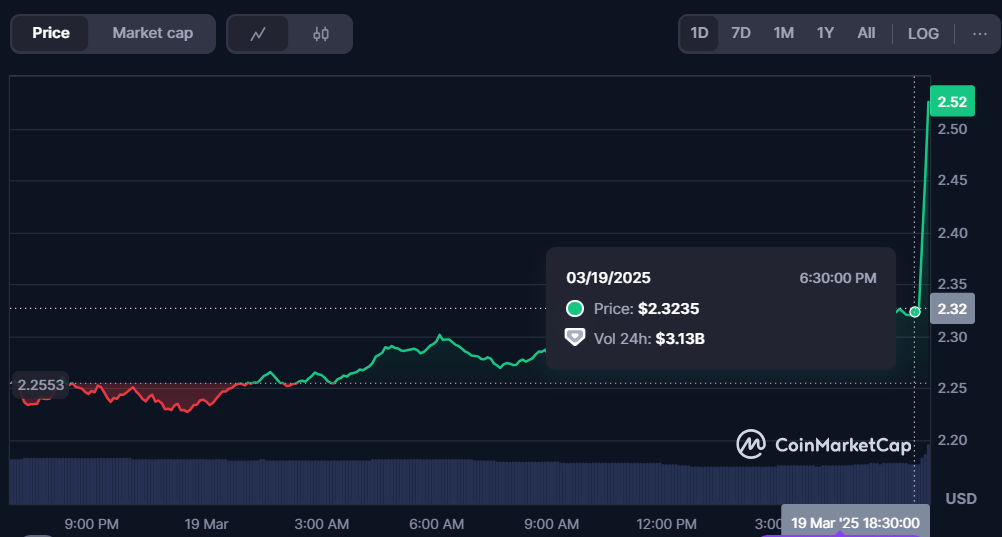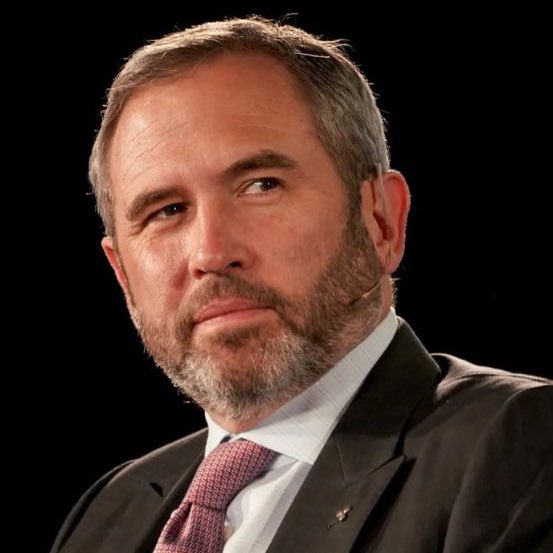The United States Securities and Exchange Commission (SEC) made a record-breaking decision by officially dismissing its suit against Ripple Labs in a resounding win for the crypto community.
This comes after President Donald Trump announced that XRP would be part of the recently created U.S. Crypto Strategic Reserve, further cementing the growing role of XRP within world finance.
Garlinghouse on Lawsuit
Ripple CEO Brad Garlinghouse moved swiftly on the news, labeling it a long-overdue affirmation of XRP. “We always knew day one that the SEC had no case, and today justice has won. XRP is not a security, and now we can focus on what matters most—building the future of digital payments,” he declared.
The court lawsuit, which was brought last December of 2020, charged Ripple with selling the unregistered security of XRP, thereby causing years of uncertain regulatory status for the token. With the lawsuit finally closed at last, the token now has new light cast on its status in the U.S. market. XRP’s status in the U.S.
Crypto Strategic Reserve now further solidifies itself as a front-line digital asset. President Trump announced on 2nd March 2025 that the country would hold in reserve the leading cryptocurrencies like Bitcoin, Ethereum, Solana, Cardano, and XRP.
U.S Inclusion of XRP as Asset
The inclusion of XRP is a testament to its leading role in the financial sector, particularly low-cost and speed cross-border payments. “This is a moment of definition for digital assets in America,” Garlinghouse stated. “The inclusion of XRP is an indication that the U.S. government recognizes the need for blockchain innovation as a part of the global financial system.”
The convergence of these remarks saw the price of XRP rise by a significant amount. The token jumped 10% hours following the SEC ruling, as institutions and observers regained confidence. Market analysts put the estimate that with regulatory uncertainty eliminated and government backing guaranteed, XRP has much to benefit from as adoption gains pace.
The implications of this action extend beyond XRP. The SEC’s dropping of its lawsuit would create a precedent for regulatory certainty in the crypto universe, allowing for increased institutional investment. With the green light from the U.S. government, other countries might be encouraged to include digital currencies as part of their economic plan.

For Ripple, the end of the legal dispute and approval for XRP at the federal level is a new beginning. Unencumbered now, the company can proceed with more financial alliances and international acceptance, cementing the status of XRP as a pillar of the digital economy.



